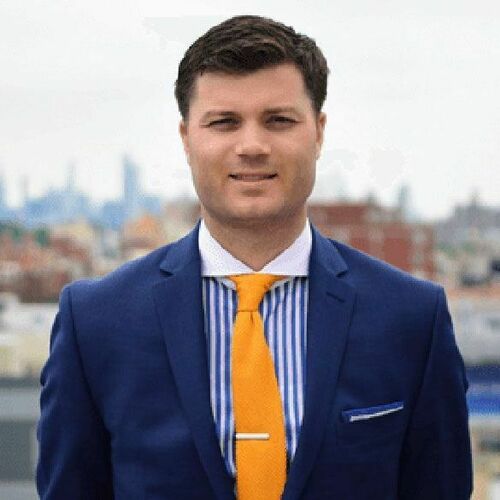Careers
Study German. Do Anything.
What can I do with a German major?
Proficiency in German increases your job opportunities both domestically and with companies in Germany and in other foreign countries. After English, German is the most prominent language of world business. Learning German will not only allow you to communicate with over 120 million individuals worldwide but also enhance your cognitive capacities, including pattern recognition, problem-solving, flexibility, and creativity.
Career opportunities abound with more than 5,000 German companies doing business in the United States alone. Knowing the language and culture of your business partners increases your chances for effective communication and success.
Skills you'll learn
- Effective written and oral communication
- Critical thinking and analytical reasoning
- Ethical judgment and decision making
- Ability to articulate complex thoughts and theories
- Ability to analyze problems from multiple perspectives and articulate creative solutions
- Strong intercultural competence
- Strong research skills
- Working effectively both independently and in a group
- Ability to solve problems with people from different backgrounds
- Ability to think flexibly and with empathy in new contexts
- Ability to interpret and communicate complex data to various stakeholders

Dominic Fanelli ’11
Assistant Principal, Benedictine High School
"I did a Fulbright in Nürnberg which would have never happened without my undergraduate German experience. Living abroad widened my worldview and exposed me to different ways of thinking. It also made me more invested and excited about learning in a way that fulfills itself and is less transactional. In my current role, I speak a bit of Italian and Spanish regularly, and learning German set me up to learn other languages more quickly."
-
Dominic Fanelli ’11
Assistant Principal, Benedictine High School
"I did a Fulbright in Nürnberg which would have never happened without my undergraduate German experience. Living abroad widened my worldview and exposed me to different ways of thinking. It also made me more invested and excited about learning in a way that fulfills itself and is less transactional. In my current role, I speak a bit of Italian and Spanish regularly, and learning German set me up to learn other languages more quickly."
-
Elise Dykhuis ’15
Assistant Professor of Psychology, United States Military Academy
"Making the choice to continue studying German was one of the best choices I made in college. I was able to meet psychologists from all over the world through study abroad, and my love for Germany and fluency gave me the opportunity to work for the Max Planck Institute for Human Development one summer in Berlin during my graduate studies. Although it is not my career, my German degree has helped me to advance my professional life as well as grow as a person. I would be an entirely different person had I not been part of this department."
-
Dustin DeGrande ’97
Foreign Service Officer, U.S. State Department
"Speaking German helped me get my first job, as an English teacher in Innsbruck, Austria. In my second job, at a non-profit organization in Milwaukee assisting immigrants and refugees, I was also in-house German translator and helped people apply for their German pensions and war retributions. Years later, when I moved to Washington, DC, I worked as a part-time German teacher at Berlitz while searching for a job in my career path. Speaking German helped me in two State Department postings: in Namibia and as a U.S. delegate to the Organization for Security and Cooperation in Europe (OSCE) in Vienna, Austria."
-
Mary Beth Hughes ’99
Partner, Scopelitis Law, Milwaukee, WI
"Being a lawyer, my language skills are my biggest asset. Although I do not currently speak German during my regular workday, studying German at Notre Dame helped my reading, writing, and speaking skills tremendously."
-
Gregory Brown ’07
Internal Medicine Doctor, Psychiatrist, and Professor, Duke School of Medicine
"I have always loved engaging in varied learning. Even though my primary major at Notre Dame was Biological Sciences, most of the courses that I still recall and enjoyed the most were my German classes. Similarly, for residency training, I chose to pursue a combined residency in both Internal Medicine and Psychiatry. I participated in one of the month-long summer study abroad programs that were offered through the department when I was an undergrad. I spent the month in Muenchen learning at the Goethe Institut there. I truly think that time studying abroad helped me become a better physician."
98% German majors found full-time employment, enrolled in graduate school, entered service programs, joined the military, or launched independent projects within six months of graduation.
Note: Outcomes data comes from First Destination reports, a survey of recent graduates conducted by the Notre Dame Center for Career Development and Office of Strategic Planning and Institutional Research. Status is known for more than 90% of each graduating class.